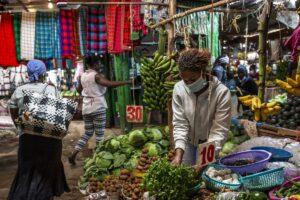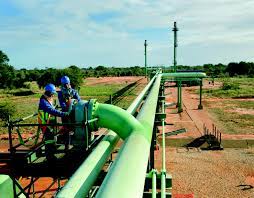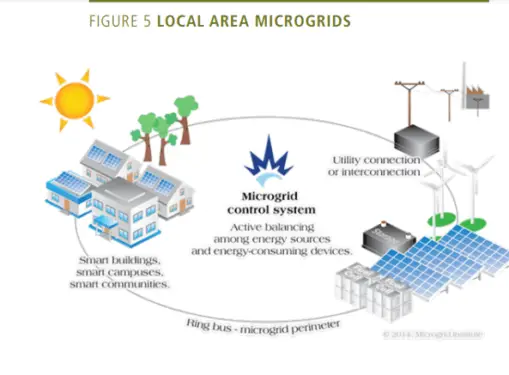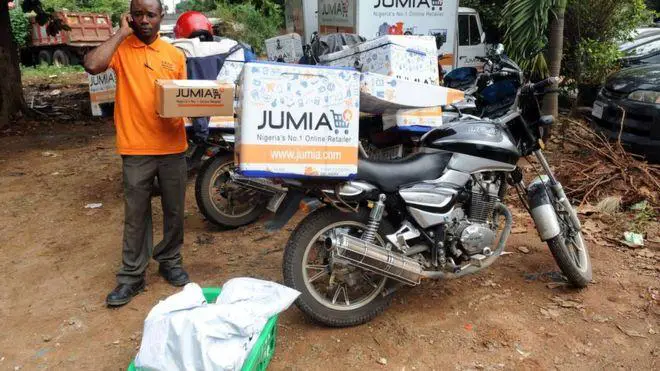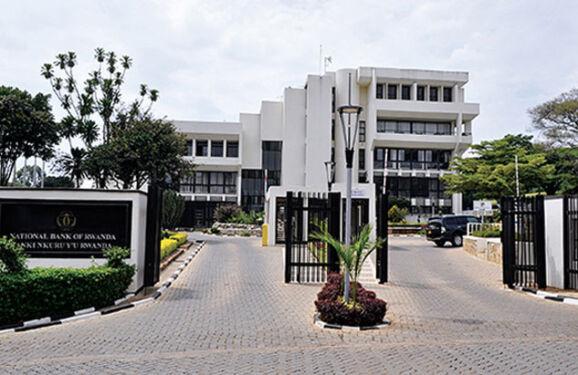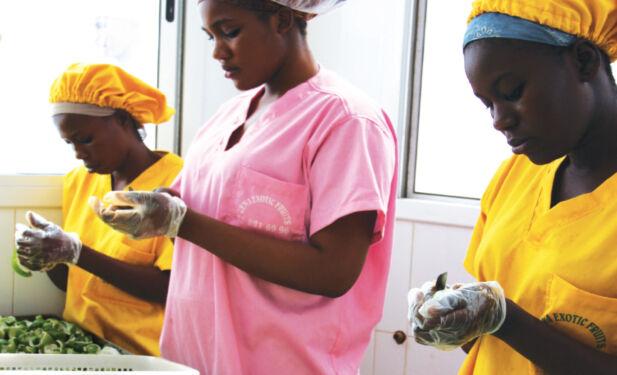- Kenya, Tanzania braces for torrential floods as Cyclone Hidaya approaches
- EAC monetary affairs committee to discuss single currency progress in Juba talks
- Transport and food prices drive down Kenya’s inflation to 5% in April
- Payment for ransomware attacks increase by 500 per cent in one year
- History beckons as push for Kenya’s President Ruto to address US Congress gathers pace
- IMF’s Sub-Saharan Africa economic forecast shows 1.2 percent GDP growth
- The US Congress proposes extending Agoa to 2041, covering all African countries
- Millions at risk of famine as fuel tax row halts UN aid operations in South Sudan
Browsing: premium
In 2013, Rio Tinto had to write down its Mozambican assets by US$3 billion as a result of failure to transport its coal to port for export. The company had invested huge sums of money based on assumptions of vast coking coal reserves that it would export. Upon the insurgence of extremist rebel groups, with escalating violent activities, the rail network was disrupted and there were increased security risks for normal operations to continue.
The company suffered great loss as it failed to recoup its capital outlay and eventually failed to continue its operations. The high-security risks at a time when investment capital is yet to be recouped, have the potential to turn away more foreign capital injections in the gas-rich country. …
Unification is the key to success in the 21st century. This can be seen with the advent of development pacts across the world, particularly the G5, G20, and SADC (Southern African Development Community) to mention a few.
According to the Kenya High Commission in Dar es Salaam, Kenya and Tanzania have maintained close relations over many years founded on similar ideas in areas such as the rule of law, fundamental freedoms, social and economic order, and good governance, and with a special focus on economic and financial market issues. …
The report released by Knight Frank, dubbed Africa Horizons Report 2021/2022 has pointed out that African cities are getting warmer, and it’s bound to get worse. “Extreme weather changes are going to have a direct impact of the environment within cities and increase the move towards urban migration.” The study reads.
Some of the regions likely to be affected by this include the Central and Southern parts of Africa including the capitals of Lilongwe and Lusaka. This prediction is based on the firm’s modelling of geographical information systems data using the Köppen Geiger climate change predictions for 2050.
…
A survey conducted in 34 African countries between 2016 and 2018 shows that people are chiefly concerned about the future of work, be it job availability, quality, or growth. The gig economy is essential for the people of Africa because of its ability to provide a source of income to the inexperienced and unemployed majority. Formal jobs are only available to a few, while most people work in the informal sector as subsistence farmers, vendors, small-scale traders and numerous other roles.
Africa has a growing youth population that will need to be absorbed into the productive sector. An estimated 122 million new entrants are expected to join the labour market in the next two years, and it is impossible for an equal number of formal jobs to be created for these people.
…
The East African country is in a booming phase. Innovations in the financial sector have played a significant role in catapulting Rwanda’s economy. Economic growth has ballooned at an average of 7.2% per year.
Mobile banking, communication networks development and growth-oriented policies have seen the country’s financial sector fostering growth in the economy. Rwanda is one of the fastest-growing nations in Africa. Significant progress has been made, considering the political landscape the country was coming from, post the horrific 1994 genocide. …
KCB Group Plc reported a 22.2% y/y decrease in EPS to KES6.11. The turn in profitability was mainly due to a slight doubling in Loan Loss Provision (LLP) to KES27.5Bn. Net Interest Income (NII) recorded a solid growth of 21.0% y/y to KES67.9Bn. The balance sheet grew 9.9% y/y to KES987.8Bn, propelled by growth in both deposits (driven by precautionary instincts due to COVID-19 shock) and loan book. During the period, the company rallied from KES38.75 at the beginning of the month and closed at KES41.3 accounting for a significant investor participation in the sector.
Equity Group reported an 11.6% y/y decrease in EPS to KES5.24. The drop in profitability was as a result of a quadrupling in LLP to KES26.6Bn. Its balance sheet grew by half its previous level to KES1,015.1Bn. Equity group benefited from its digital transformation that accounted for 63% of the total transactions being generated outside …
The number of small-scale miners in mineral-rich Tanzania has more than doubled in a period of less than a year. Mining is the country’s leading revenue earner in terms of foreign export as well as increased government revenue.
The figures were made public by Prime Minister Kassim Majaliwa while addressing parliament. He said in the financial year 2020/2021 4,652 mining exploration licenses were issued to small and medium sized miners.
Notably Tanzania is the only country in the world with deposits of the precious stone tanzanite; Tanzania is also one of Africa’s largest gold producers.…
That’s right—it is not on mere goodwill that the magnanimous sums are dished out; it is a two-way street. We give you this amount if you do this for us. This give and take barter in economics is known as conditionality.
To put it in the words of Kjell J. Havenevik, author of ‘The IMF and the World Bank in Africa (Conditionality, Impact and Alternatives), ‘Conditionality is the term given to the conditions relating to macro-policy elements which countries have to meet in order to get access to international loans and/or aid.’
We in the journalism science get information about the big sums ‘handed’ to African countries; what we usually do not get through the all-too-frequent press releases is the conditionality that comes with that money.…
Tanzania is yet another country making a series of moves within the realms of the economy. At the moment the sixth President of Tanzania, Samia Suluhu Hassan is laying another foundation on top of the late John Magufuli presidency’s legacy, which was cut short before it took off for a major portion of its second term.
Earlier in April Tanzania and Uganda managed to strike a victory on the crude oil pipeline project that had stalled. In effect, President Hassan managed to pass another crucial item left by Magufuli’s presidency forward. …
The small and medium-sized enterprises (SMEs) sector is one important contributor to Tanzania’s long-term development agenda.
This East African nation has been on a journey towards becoming a middle-income country with the economy growing by an average of 6.5 per cent per year in the last decade, going by estimates from the World Bank and other institutions.
There are an estimated three million enterprises in Tanzania’s SME sector which contribute 27 per cent of the overall GDP according to the Tanzania Development Vision (TDV) 2025.…


